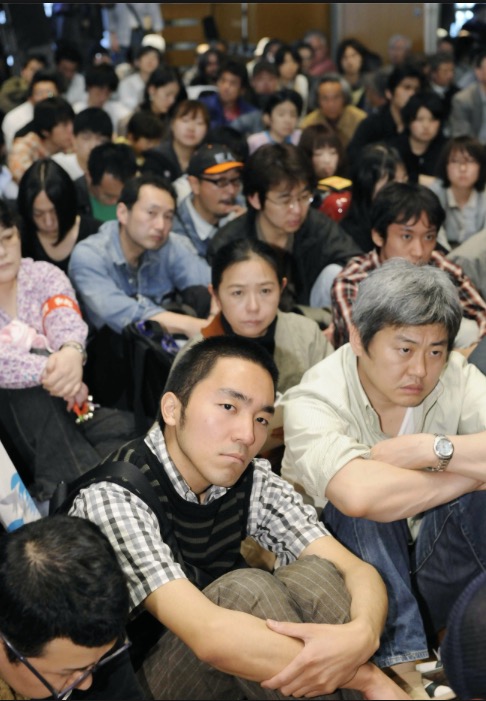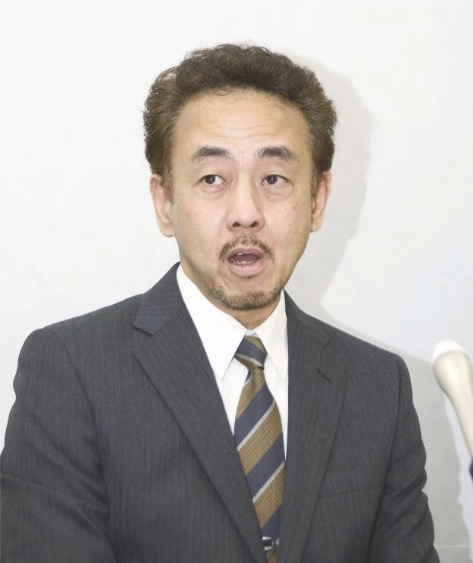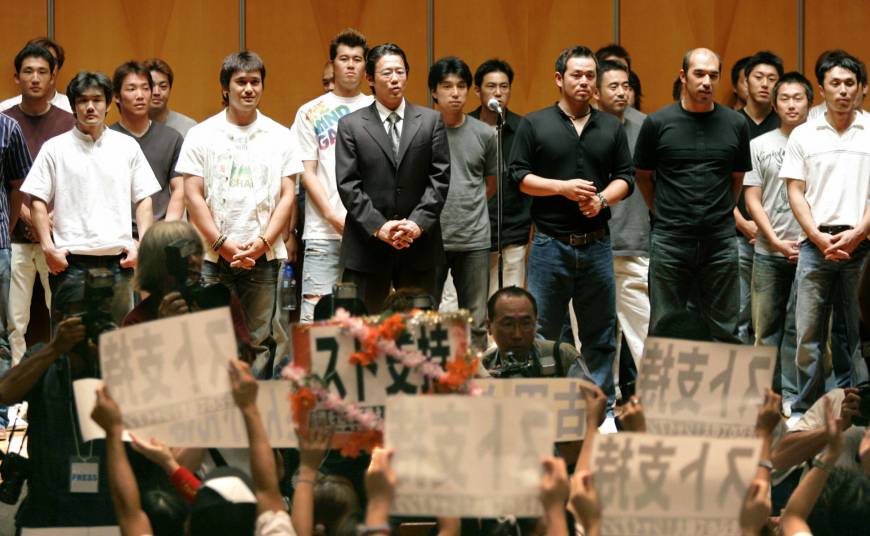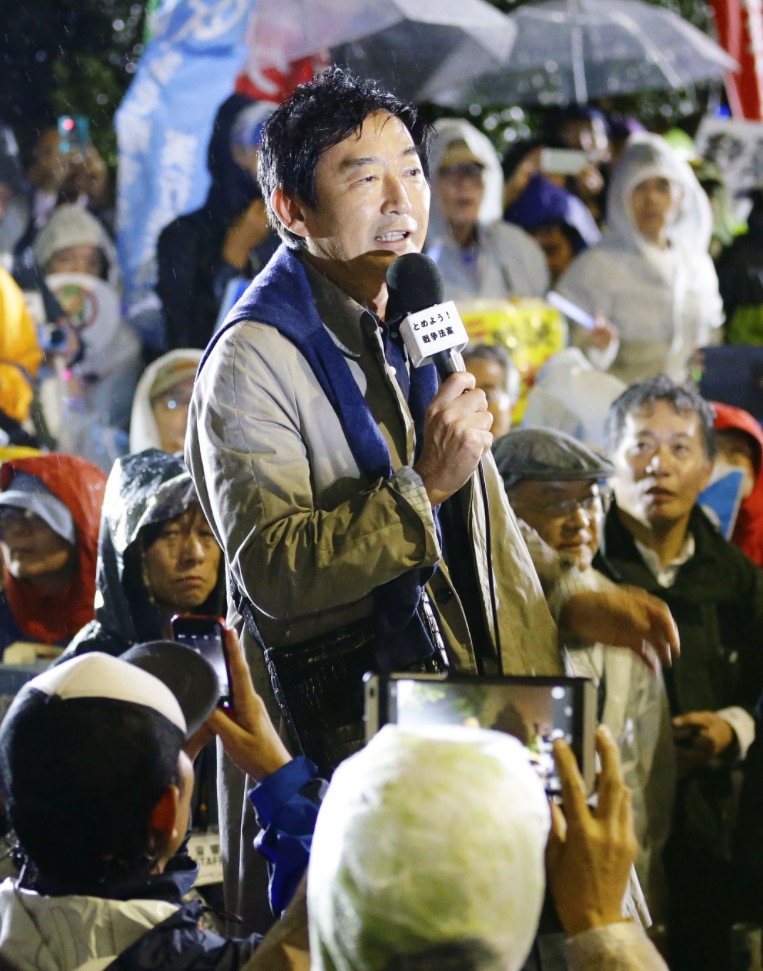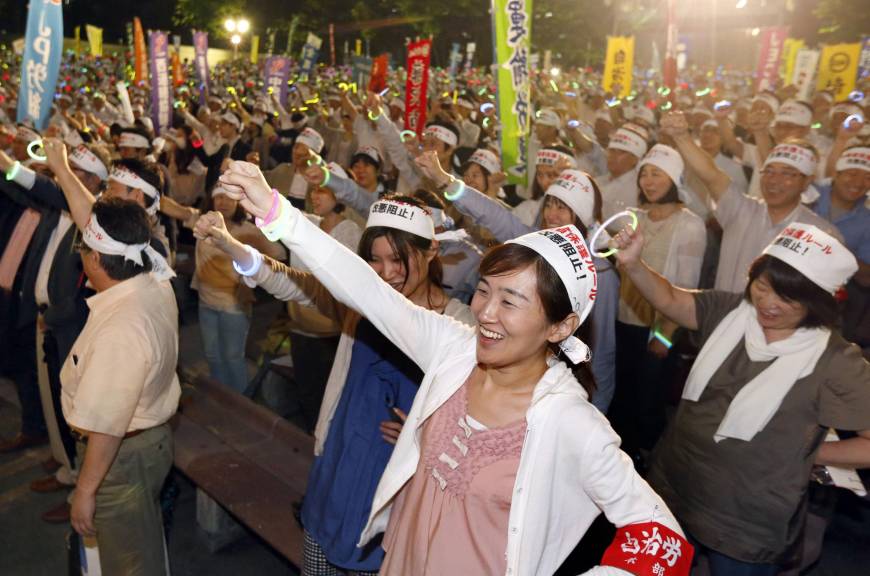Paid leave. The long form in Japanese is nenji yūkyū kyūka; the short form is yūkyū. For workers, yūkyū is a day of “complete liberation from toil,” as one scholar put it.
The right to rest fully is vital in ensuring that workers enjoy long, healthy and anxiety-free lives. Unfortunately, some employers do all they can to discourage their employees from actually taking paid leave, setting up artificial obstacles, insinuating they are lazy and using peer pressure to keep them at their work stations.
I myself teach at a university, and many of my members at Tozen Union are also teachers. I find that teachers in particular find it very difficult to freely take paid leave, and many more are unaware of the government’s guarantee of paid leave. Foreign teachers in particular may be unfamiliar with the law.


